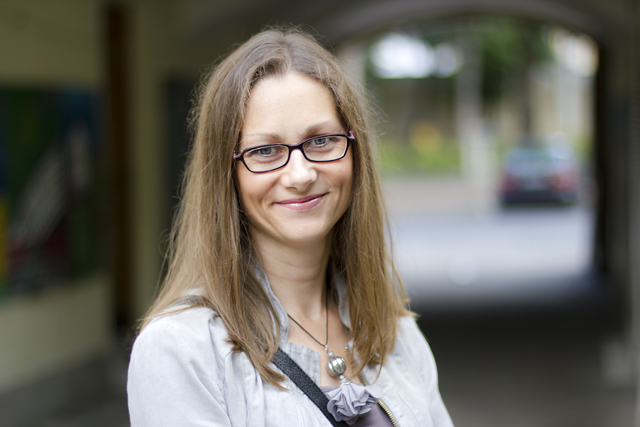
On Mobility and Migration
Associate Professor in French/Francophone and Migration Studies at Vilnius University, Eglė Kačkutė is interested in transnational and migrant women’s writing in Lithuanian, French, and English with a particular interest in migrant mothers’ subjectivities, aspects of linguistic, cultural transmission, and career progression. Several years ago she wrote a scholarly essay about Lithuanian authors of the diaspora for Reflections on Belonging, a cycle of articles in Vilnius review. Here is Part I of her essay, abridged for readers of tevzib.com.
Migration is an increasingly significant feature of contemporary life and as such, an important subject that shapes literary trends and informs literary imagination and aesthetics. Patterns of migratory flows are defined by a push and pull, causing some countries to experience large influxes of migrant populations, whilst others suffer hemorrhages in human resources. North America and Western Europe are places with the highest pull factors in the world. Accordingly, American, Canadian (both English and French), British, and French literatures enjoy rich literary traditions of travel and post-colonial writing, world literature, writing about different diasporas and immigration. Current literary debates tend to mix and match those critical perspectives defining different categories, with the most general umbrella term encompassing all those categories being “literatures of mobility”.
In terms of migration, Lithuania is defined by push factors and thus boasts a tradition of literature of emigration rather than immigration and exile. The most notable corpus of exile writing in Lithuanian is associated with the post-1944 Soviet occupation and was produced largely in the US. More recently, the restored Lithuanian state has experienced another dramatic wave of emigration following the fall of the Berlin Wall, the disintegration of the Soviet Union and, most importantly, the enlargement of the EU in 2004. These political developments granted Lithuanian citizens an unprecedented freedom to live, study, and work in Western European countries and the rest of the world, resulting in a deluge of Lithuanian language travel writing.
Research on mobility in Western literatures demonstrates that it is persistently seen as a predominantly masculine phenomenon, which often leaves female-authored writing on the subject out of the discussion. The main reason for this is that women and, by extension, their creative literary outputs, do not sit easily in the context of mobility because women are traditionally associated with home and the homeland and therefore a fixed space. In this light, the latest Lithuanian writing about emigration and mobility stands out first in that it is starkly dominated by female writers: Dalia Staponkutė, Paulina Pukytė, Zita Čepaitė, Aušra Matulevičiūtė, Neringa Abrutytė, Vaiva Rykštaitė, Jolita Herlyn, and Agnė Žagrakalytė, among many others. Second, it is highly original in terms of interpreting the classical themes of home, origins, and migrant identity, and third, it is exceptionally innovative in its artistic and narrative form. Published in Lithuania, it is marketed for and consumed by a rather cosmopolitan and geographically dispersed Lithuanian readership across the world. Thus, the latest writing about mobility and migration in Lithuanian is an almost exclusively female phenomenon and thus infuses the staple themes of literatures of mobility with an intensely gendered quality.
The crucial difference distinguishing this generation of Lithuanian migrant writers from the previous generation of exile authors is their mobility… Some of them pin themselves down to a particular place of which they are long-term residents, while others resist any localized categorization.
Next: Three Contemporary Women Writers of Mobility and Migration.





























